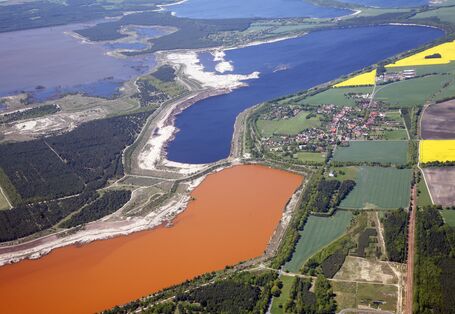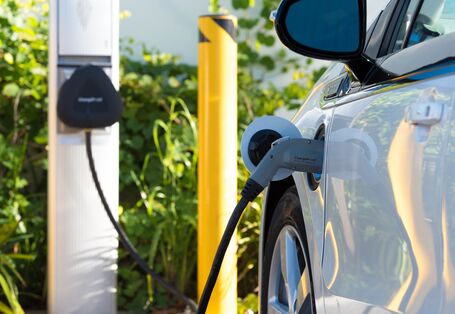Shipping companies must report greenhouse gas emissions

In an initial step to reduce climate-damaging greenhouse gas emissions from maritime transport, shipping companies must monitor and report their emissions starting 01.01.2018. The German Emissions Trading Authority at UBA (DEHSt) is the competent authority for emissions monitoring in Germany.
















